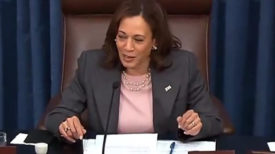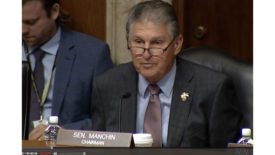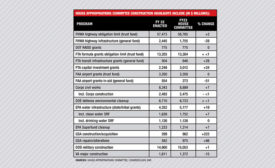Articles by Pam McFarland
Environment
Federal watchdog report calls for further study of how to deal with U.S. chemical contaminants
Read More
Federal Policy
With Vice President's Tie-Breaker, US Senate Approves Far-Reaching Climate Bill
Measure, with $369B in new funding, could push 40% cut in carbon emissions over next decade
Read More
Senate Deal Breaks Logjam on Billions for Decarbonization and Energy Infrastructure
Manchin, Schumer reach agreement to advance nearly $670-billion climate, tax and health care measure
Read More
Clean Air
DOT Proposal Would Require States to Track Highway Emissions
Stakeholders differ on whether agency has congressional authority to enact a rule unrelated to its mission.
Read More
The latest news and information
#1 Source for Construction News, Data, Rankings, Analysis, and Commentary
JOIN ENR UNLIMITEDCopyright ©2024. All Rights Reserved BNP Media.
Design, CMS, Hosting & Web Development :: ePublishing














